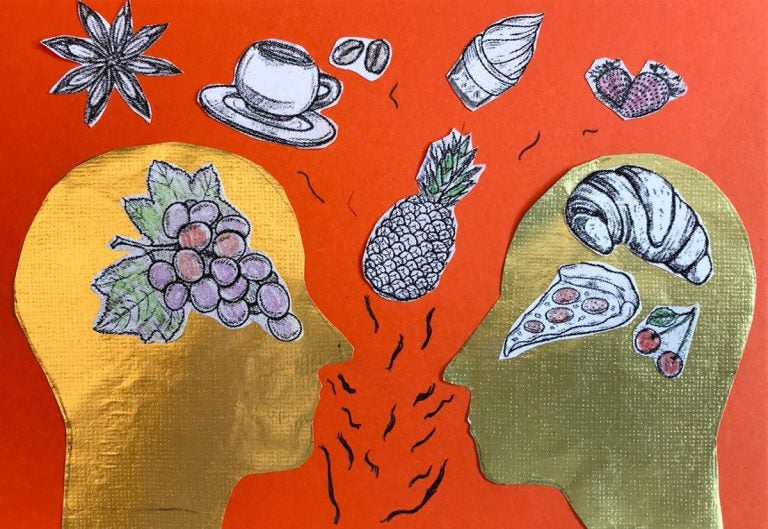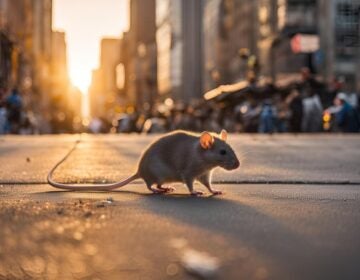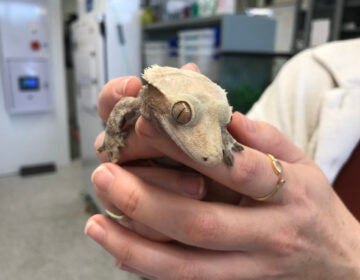How the Nose Knows
Listen 49:54
(illustration by Maiken Scott)
Our sense of smell can bring us quick bursts of joy, like a whiff of bread baking, that freshly brewed cup of coffee, or your favorite perfume. But it’s also an important alarm system, alerting us to dangers ranging from gas leaks to spoiled food. Even though smell is such an important part of how we experience the world, it’s been studied far less than our other senses. This came into sharper focus during the pandemic, when COVID-19 left millions of people without their sense of smell, and without answers. On this episode, we explore our sense of smell and its connection to our health, emotions, and memory. We talk about the mechanics of smell, and how smell connects to our memories. We investigate whether humans emit pheromones that make them attractive to others. We meet a woman who’s struggled with parosmia — a distorted sense of smell — ever since she contracted COVID-19. And we visit a smell lab that deals with some of the worst smells on Earth — in an effort to contain them in space.
Also heard on this week’s episode:
- Pamela Dalton, an olfactory scientist at the Monell Chemical Senses Center in Philadelphia, joins us to explore the connection between smell and memory, and what happens when we lose our sense of smell. Monell has been a global leader in smell and taste research for decades.
- After Sakeenah Benjamin recovered from COVID-19 at the end of last summer, something strange started happening — her sense of smell was distorted. She joins us to talk about her experience with this condition, which is called parosmia.
Segments from this episode
WHYY is your source for fact-based, in-depth journalism and information. As a nonprofit organization, we rely on financial support from readers like you. Please give today.






